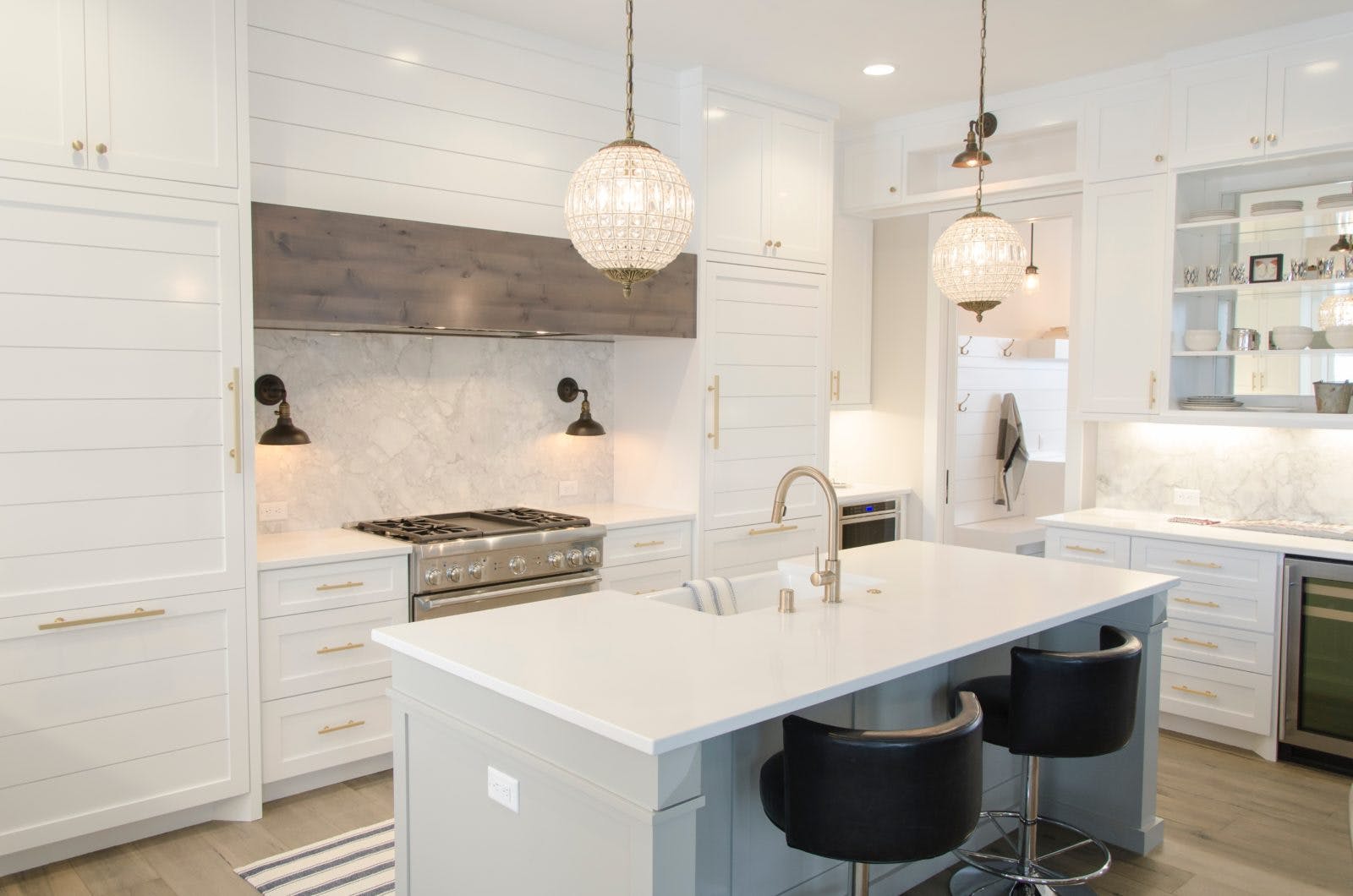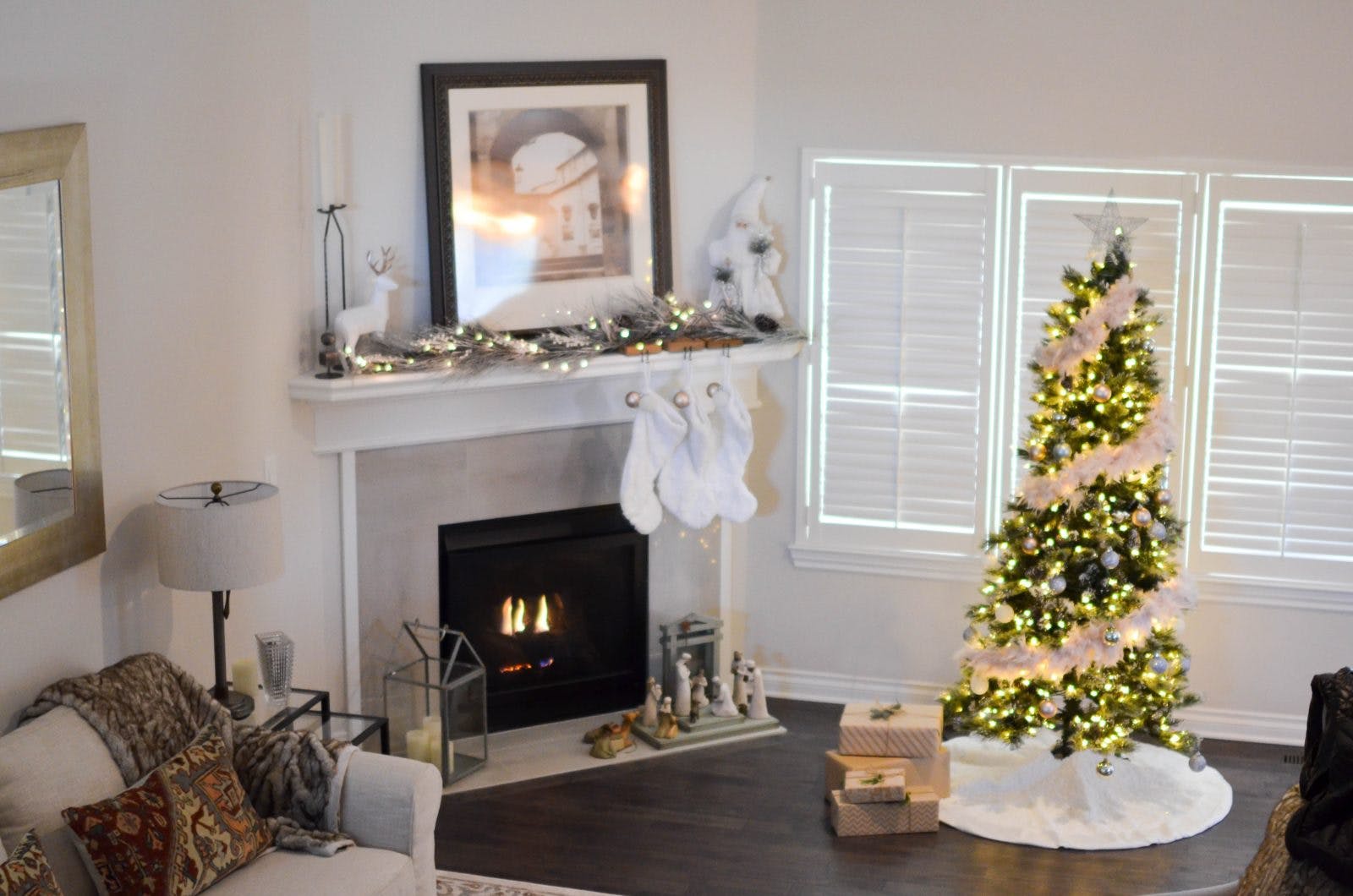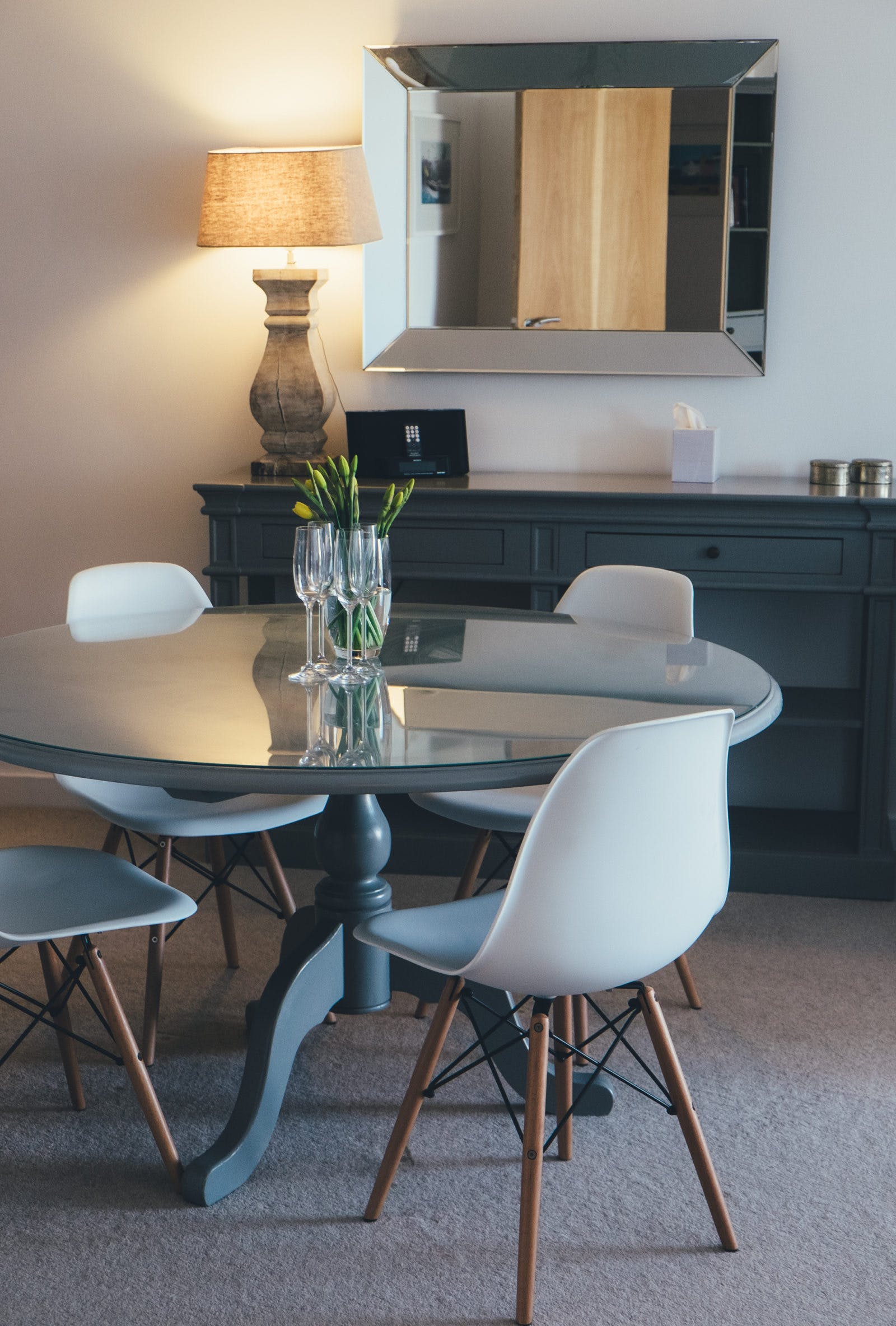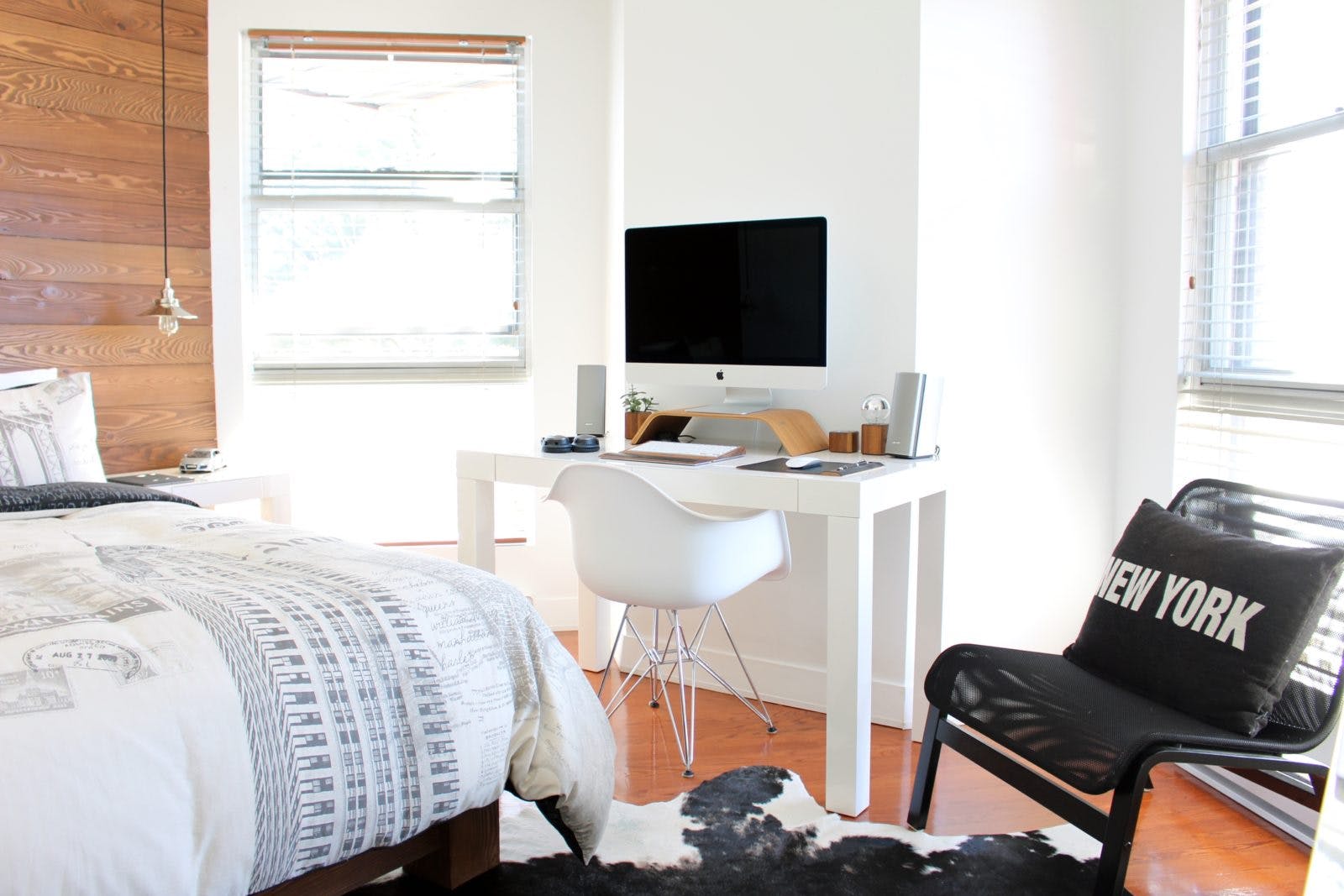Being a first time home seller has it’s own unique set of challenges. If you’ve never sold before, you probably don’t know what you should do to have your home ready to be seen by potential buyers. If you have those questions, here’s what you need to know:
1. Fix what needs to be fixed.
When you’re showing your home to potential buyers, you’ll want to make sure it looks its best. So, while you may have gotten used to the side door that’s a little hard to open or the garage door that doesn’t open automatically at all, potential buyers will notice. When you’re selling your home, those small details can make all the difference, so you should absolutely get them fixed.
2. Declutter and depersonalize.
Part of getting your home ready for sale means that you’ll have to depersonalize and declutter it. That means removing family photos, your child’s drawings on the fridge, religious artifacts, and cleaning up and clutter that may have accumulated over the years. You’ll want to do everything you can to make your home look clean, organized, and neutral.
3. Remember, it’s not your home.
Ok, well it technically is still your home, if all goes to plan, it won’t be for long. That means you’ll want to start looking your home from the perspective of a potential buyer and not from the perspective of someone that has lived there for a long time. You’ll want to look at your home objectively.
4. Consider all of the offers.
An offer is just that, an offer. Some might come in low, some might come in above your asking price. The point is, when you’re reviewing the offers, consider all of them as you may be able to negotiate them to get what you’re looking for, which in addition to the highest price, might have other details that appeal to you, like the closing date or the deposit amount.
5. Don’t price your home to high.
Everyone wants to get the most money for their home possible, but pricing your home to high can have the negative effect of not getting the most people possible to see your home. So how do you know if you’re priced to high? While it’s certainly possible to compare your home to similar homes in your neighbourhood that have recently sold, to get the most accurate price, you’ll want to get some advice from a professional and experienced real estate agent.
6. Always hire a professional.
No matter what, it literally pays to hire a professional real estate agent that understand both the unique aspects of your home and the area your home is in. While getting a discount on commission may seem like a good idea up front, or working with someone that’s less experienced that you personally know, working with a professional real estate agent with a lot of experience can help you get more money, or whatever you’re looking for, in the end.










